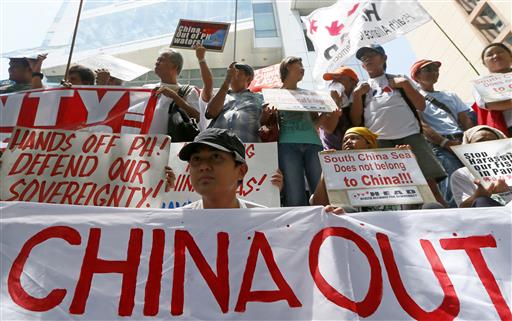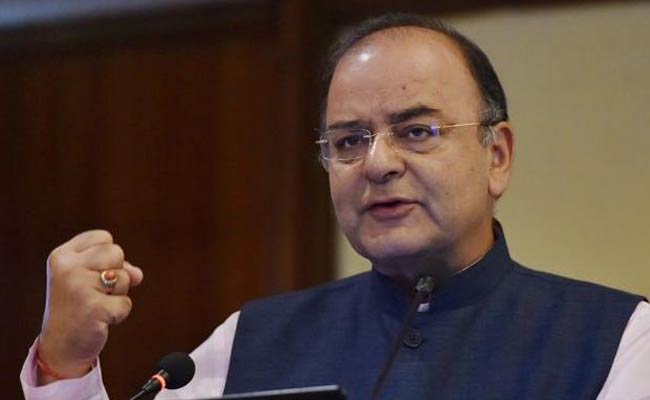BEIJING: In an apparent attempt to head off large-scale street demonstrations, Chinese state newspapers have criticized scattered protests against KFC restaurants and other U.S. targets sparked by an international tribunal’s ruling that denied Beijing’s claim to virtually the entire South China Sea.
The commentaries on Tuesday and Wednesday reflect the ruling Communist Party’s strict demands for social order. Previous protest movements against longtime rival Japan and others have sometimes spun out of control, leading to violence against foreign businesses and attacks on their Chinese customers.
Meanwhile, in Taiwan — one of six sides with territorial claims in the South China Sea — eight legislators from the ruling and main opposition parties flew aboard an air force transport plane Wednesday to Taiping Island, Taiwan’s sole holding in the disputed Spratly Island chain. A flotilla of five fishing boats festooned with Taiwanese flags also sailed to the island.
Taiwan has protested the arbitration panel’s ruling last week that deemed Taiping isn’t a true island capable of sustaining life, a move that would deny it a 200-nautical-mile (370-kilometer) exclusive economic zone and rights to the resources within.
In China, protesters have gathered in recent days outside KFC restaurants in several cities, unfurling banners and calling for a boycott of the U.S. chain. Reports on social media say customers have been accused of being unpatriotic and “losing face for their ancestors.”
Such actions interfered with legitimate business and humiliated customers, the official China Daily said Wednesday, echoing an editorial the previous day in the People’s Daily, the Communist Party’s flagship newspaper.
“Instead of being patriotic, it is their jingoism that does a disservice to the spirit of devotion to the nation,” the China Daily said. “Those who organize such activities without going through the necessary procedures and unlawfully harass others in the name of patriotism should be held accountable according to the law.”
China’s authoritarian government generally forbids most forms of protest, but is also wary of being accused of stifling patriotism.
Along with the KFC protests, images have circulated online of young Chinese wearing scarves emblazoned with patriotic slogans smashing their iPhones in protest over the ruling. Such actions are generally ascribed to the internet-savvy “angry youth” born in the 1980s or after and raised on a steady diet of aggressive nationalism.
Yet, the KFC protests have also sparked a backlash online, with some KFC customers posting photos of themselves sitting in front of a bucket of chicken with axes or other weapons and signs reading “Patriotic hooligans, try harassing me and I’ll take you out.”
Spokeswomen from Apple and KFC could not immediately be reached for comment.
While the arbitration case was brought by the Philippines, China has accused the U.S. of encouraging its ally to challenge what it sees as China’s ancient rights to control over the South China Sea, which holds rich fishing stocks and a potential wealth of natural resources. China says the constant presence of the U.S. Navy has raised tensions in the strategic waterway, through which about $5 trillion in global trade passes each year.
China refused to participate in the arbitration and has refused to acknowledge the ruling. Since it was handed down, the government and state media have kept up a steady drumbeat of criticism of the Philippines, the U.S. and others and repeatedly attacked the integrity of the Hague-based tribunal. The powerful military has said it won’t be deterred from actions to assert China’s sovereignty, including the development of man-made islands built atop reefs in the South China Sea, and says it will carry out stepped-up aerial patrols.
China says it wants direct bilateral talks with the Philippines over the dispute, but Manila says it won’t agree as long as Beijing continues to disregard the arbitration tribunal’s ruling.
(Sourced from agencies, Feature image courtesy:AP)
























